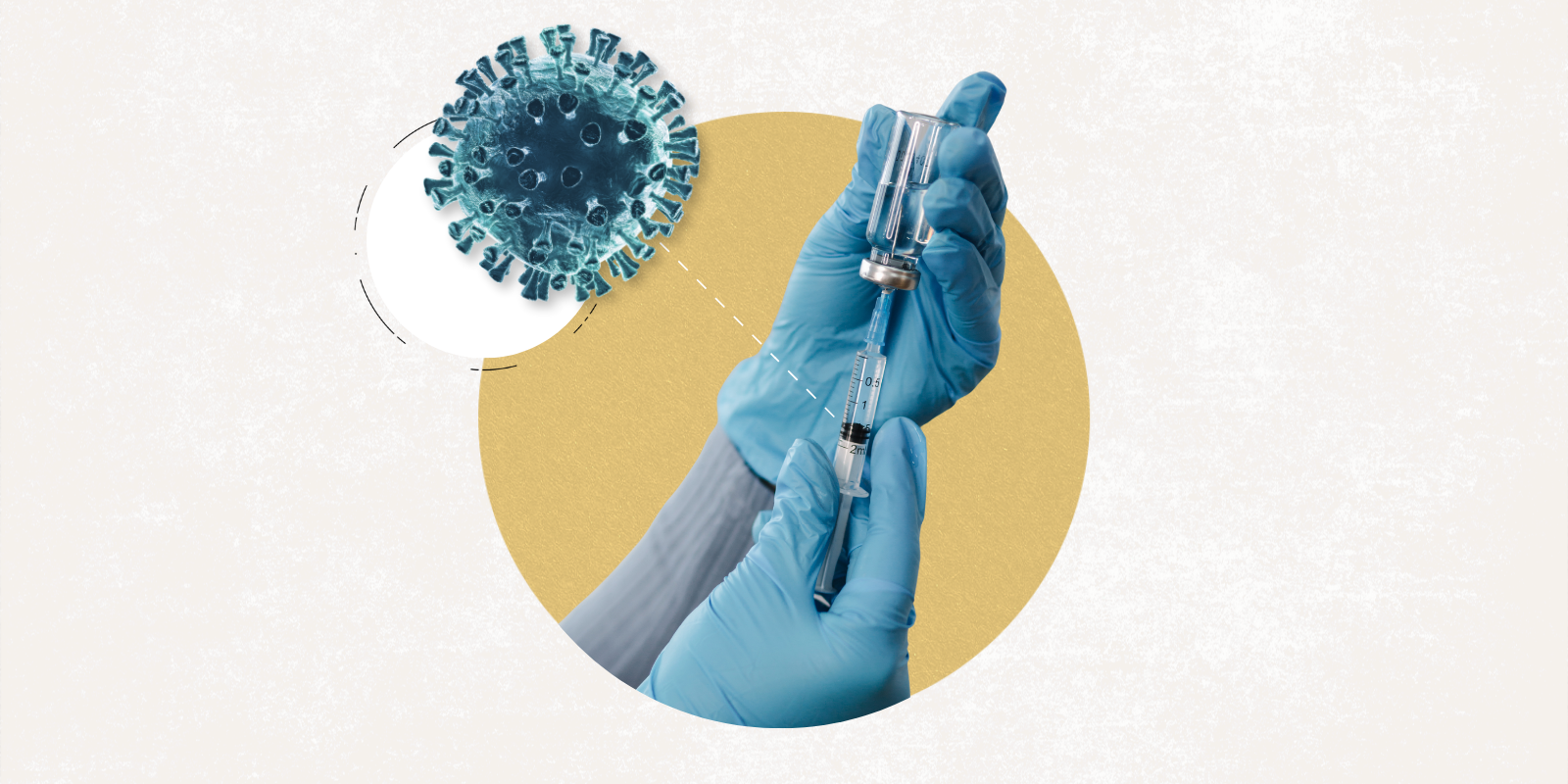When the pandemic struck last winter, it upended our lives in ways few could have imagined. Many of us work from home now, our kids go to school online, we wear masks and avoid our elderly or sick relatives for fear of passing along a potentially deadly illness. Meanwhile, lockdowns and isolation have spawned a mental health crisis that we are only now beginning to fully grasp.
In this series of podcasts, we talk to some of our top experts about the evolution of the coronavirus - where we were, where we are, where we will be a year from now. Each one has a gift for making the complex accessible and are frequently sought out by the media for their expertise.Listen to the first episode of CU Anschutz 360: COVID Reflections with Michelle Barron, MD:
“The cases were blowing up. And I will honestly say that March, April, May, even June are a blur. I feel like I was sort of sucked in a black hole, and I don't know that light actually was penetrating.” Michelle Barron, MD, professor of medicine/infectious diseases, CU Anschutz.
Anyone who knows Barron can vouch for her high energy, caring attitude and infectious laugh (she’s an infectious disease expert after all). But at the height of the coronavirus pandemic, the disease began taking an unexpected toll.
She found it hard to sleep. She couldn’t shut her mind off. She lay in bed wondering, `How many will die tomorrow? How would she keep up team morale? How would she protect them from the virus?’
Her gift for making the complex understandable and shunning hyperbole meant she was often besieged by reporters scrambling to keep up with every twist and turn of the virus. She was happy to help.
But the stress continued to grow as she and other healthcare professionals found themselves amid an unprecedented crisis. Barron likened it to being in war. She began doing the unthinkable – taking time out for herself each day if only five minutes, meditating and deep breathing.
In this podcast, Barron talks about those heady early days of the pandemic, the path of the virus, the value of truth and how constant stress eventually led her to seek help and the impact that decision had on her colleagues.

.png)

